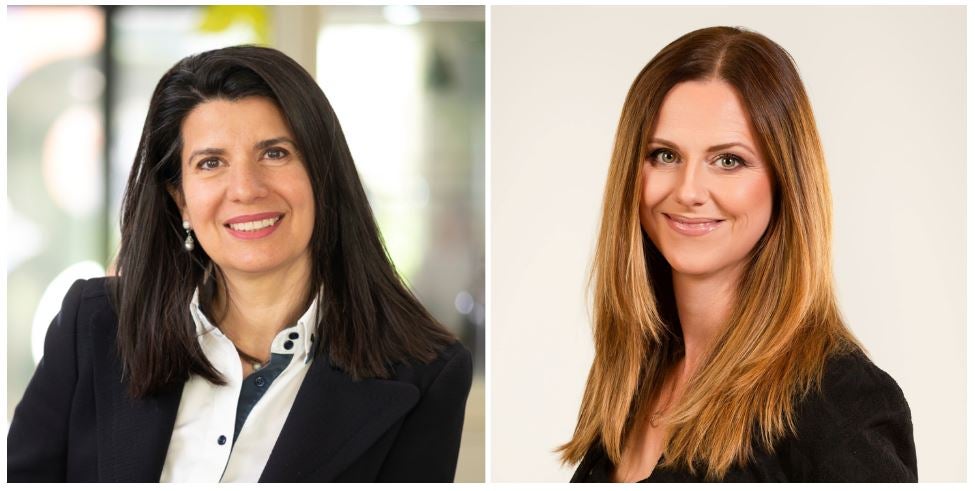develops, the Islamic finance market has seen an increase in ijara
(leasing), according to a report by Standard & Poor’s.
The report reveals that ijara structures have taken the lead in
sukuk issuance (financial instruments) in the first half of 2008,
accounting for more than 50 percent of total sukuk issuance.
S&P’s Damak explained that, by default, Islamic banks have
no exposure to toxic assets because toxic assets are based on
interest and speculation, both of which are riba (prohibited) in
Islam.
Islamic banks are, therefore, inherently better protected from
these high-risk assets than traditional financiers.
While Islamic finance institutions are relatively well-insulated
from the crisis, Damak emphasises that this does not mean they are
risk-free, either.
“Should there be a correction in a specific sector, Islamic
banks would still be impacted as well,” he concluded.
How well do you really know your competitors?
Access the most comprehensive Company Profiles on the market, powered by GlobalData. Save hours of research. Gain competitive edge.

Thank you!
Your download email will arrive shortly
Not ready to buy yet? Download a free sample
We are confident about the unique quality of our Company Profiles. However, we want you to make the most beneficial decision for your business, so we offer a free sample that you can download by submitting the below form
By GlobalDataHowever, this increase in demand for ijara has been matched by
an increase in the cost of funds.
According to Dr Mohamed Damak, a rating specialist at Standard
& Poor’s, the environment is becoming much more
challenging.
“Liquidity is becoming more expensive in the region of the Gulf
Co-operation Council, so we are definitely expecting some impact on
the cost of funding – not only of Islamic banks, but of all banks,”
Damak explained.
Richard Leuschke, senior asset manager at London-based ABC
Islamic Asset Management, shares the view that Islamic finance can
be more expensive, but believes more liquidity is available because
of Islamic banks’ positions.
“Acquiring money to lend is an issue for everybody because
liquidity is at a premium. However, most Islamic banks across the
GCC and Europe are still well capitalised because they haven’t had
as much exposure to the subprime scenario,” said Leuschke.
Jason T Hesse







